In 2015, Nick Bilbrough, a Totnes-based teacher, started linking up with Palestinian schoolchildren living in Gaza and the occupied West Bank via video to help them with their English.
Through storytelling and drama sessions, the children interacted with each other, and the calls were broadcast daily over Zoom and Facebook.
It seemed a simple enough idea, but the method proved so successful that it went on to attract thousands of other kids across the globe.
The Hands Up project officially became a charity in 2016, and went on to include live, face-to-face theatre productions. Malak, a teenage girl from Gaza, was a prime example of the project’s success. Together with two other students, she went to Belfast in 2022 along with two kids from the Czech Republic to stage a theatre production at a Catholic school.
A video taken shortly after her performance shows her covered in face paint, wide-eyed and smiling. “I have a message to all the people in Gaza!” she says, squealing in delight. “Just believe in yourself...you can make the impossible possible!”
October 7, 2023, changed that perception for ever.
A video of her, taken shortly afterwards, makes for grim viewing. Gone are the smiles. Instead, a grey-faced 15-year-old, drained of all the joy of childhood, pleads to the camera.
“I just want to go home. I want to live like any human being in this world. Please help me, I want to stay alive and see my family,” she says tearfully.
Malak survived her ordeal, but others have not been so lucky.
Six children along with four teachers who were involved with the Hands Up project have so far been killed, but because communications were largely lost shortly after October 7 - and because Gaza is still effectively a war zone - the eventual death toll is expected to be much higher.
“There are masses of children and teachers who are under the rubble somewhere and who haven't been accounted for,” Mr Bilbrough says.
He last visited Gaza in July 2023 to take part in a conference and, poignantly, to present an art and poetry exhibition.
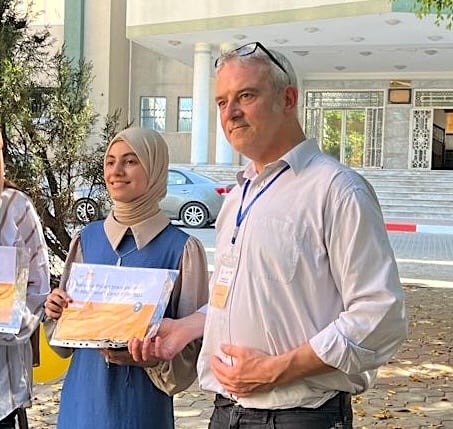
In one of the photos of the event, a 14-year-old girl, Roqaya, can be seen posing proudly next to Mr Bilbrough. She was killed last November. And nine-year-old Fatima, who wrote a brief but moving poem that includes the line ‘hands are for shaking with friends not for shooting gun’, was killed on October 18, 2023.
“Her home was targeted, and her parents and all her siblings were killed in an air strike,” Mr Bilbrough adds.
But although lives have been snuffed out, he believes the work he did with them will leave an indelible record.
“We did daily podcasts for quite a long time (up until) October 10, 2023. There are masses of them on our website...the voices of children, and sometimes teachers, who got in touch and just told us what was going on.”
The events which led to the cataclysm 15 months ago have been widely reported on. Suffice to say that during the Hamas-led incursion into Israel, militants killed more than 800 Israeli civilians and kidnapped 251 people.
Israel’s response was swift and merciless. To date, more than 46,600 Palestinians have been killed by Israeli strikes, although a peer-reviewed study published earlier this month by the Lancet medical journal places the figure at 64,260 deaths during the first nine months of the war.
And while children make up virtually half of Gaza’s population, they along with women and the elderly reportedly account for almost 70 per cent of the dead. That includes almost 18,000 children.
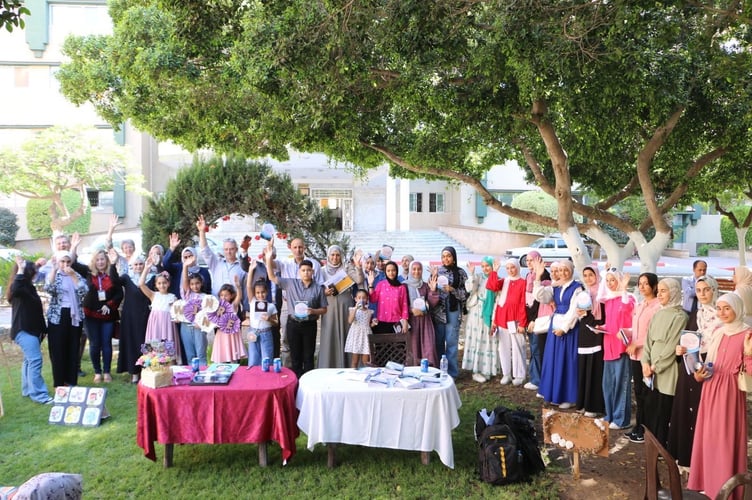
Many more thousands have been left physically crippled and mentally traumatised, but testimonies from the ground provide an even more disturbing postscript.
British surgeons such as Victoria Rose and Professor Nizam Mamode, who last November gave evidence before a parliamentary committee, have accused the Israeli army of deliberately targeting children, with many showing sniper injures to the head.
Israel has strenuously denied the accusations, even as it faces allegations of genocide and an ongoing investigation by the International Court of Justice.
The long-awaited ceasefire prompted by the release of Israeli hostages will finally allow Gazans some respite. Processing the trauma may take far longer as 90 per cent of them have been displaced and the majority of the buildings now lie in ruins, according to the UN.
“Most people have been operating on a kind of survival mode where they haven't even been able to grieve the loss of their friends or families,” Mr Bilbrough says.
The conflict’s deeply divisive nature has extended its ugly reach across the globe, almost like a perverse version of a Hands Up video, and despite Mr Bilbrough’s altruistic intentions, he has felt the backlash.
With emotions running high immediately after the Hamas attacks, he came in for abuse. “We had people coming up to us in the street saying I should be ashamed of myself - ‘What about October 7? What about all the innocent Israelis?’ I was approached by the BBC and various organizations and often the line was ‘Do you condemn Hamas?’

“The haters will always hate and not open their eyes to what we're doing,” he shrugs, while describing the situation in Gaza as “extremely complex”.
The conversation circles back to the children who, unsullied by years of bitterness and resentment - at least before October 7 -, have a simpler, more disarming view.
“A 14-year-old girl who was doing an online link on Zoom came right up to the webcam and said ‘Mr. Nick, can you please tell people outside that we are not terrorists?’
“When we realize that there’s a child of that age who should be experiencing childhood and who perceives that the world views her and all of her friends in Gaza as terrorists, there's something not quite right.”
It was a revealing moment, one that made him realize that “we were on to something” with the Hands Up project.
-2.jpeg?width=752&height=500&crop=752:500)
“It's become a way of amplifying their voices to the outside world. We're not a political organization, we're an educational organization sharing the creative work of Palestinian children.”
Some would argue that everything in life is politics, and that naive children can be easily manipulated by adults acting in bad faith, but it’s hard to remain unmoved by some of the children’s work. It transcends the tawdriness of geo-politics – that playground of dead-eyed, grey-suited politicians.
“If you have a look at some of those poems and bear in mind that they're not written by native English speakers, they’re incredible pieces of work. You'd be hard pushed to get English kids to write poetry which is as inspiring and powerful.
“I've always said that what we do in Hands Up is to promote confidence, build self-esteem, helping children to feel that they're connected to the world. The last year and three months has obviously had the opposite impact. We've lost a lot of children in Gaza, but in my experience children are much more resilient than adults.”
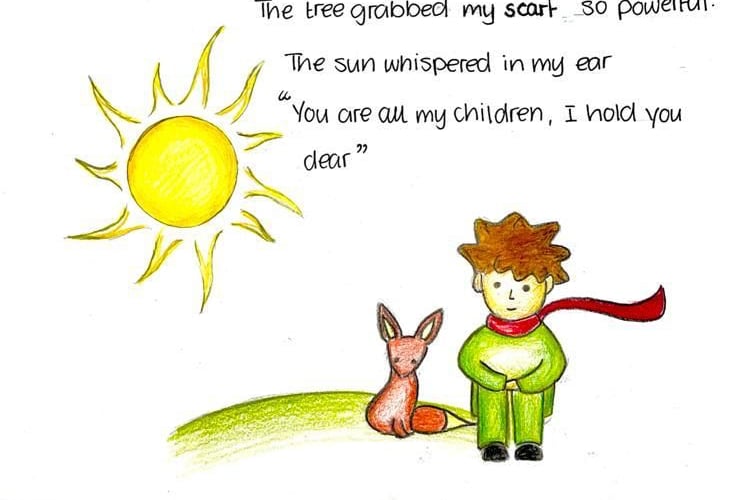
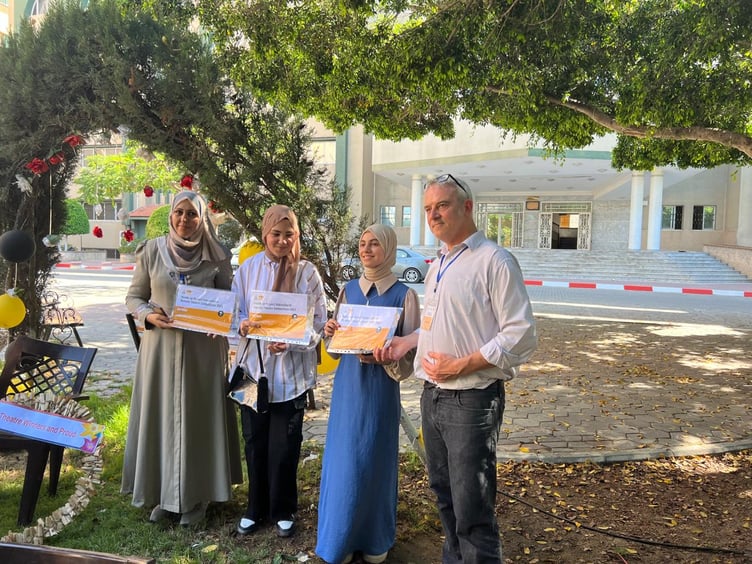
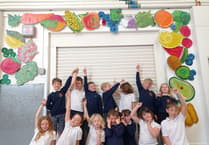
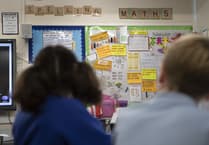
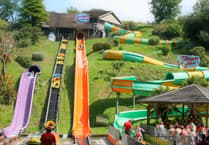
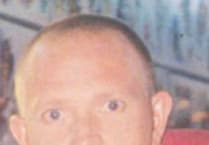
Comments
This article has no comments yet. Be the first to leave a comment.